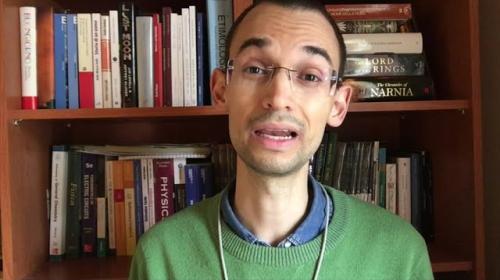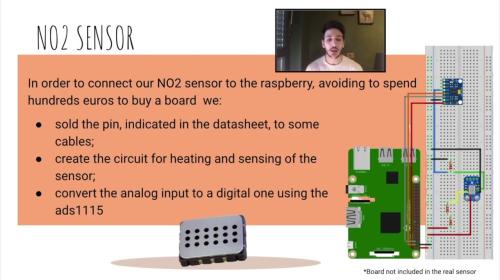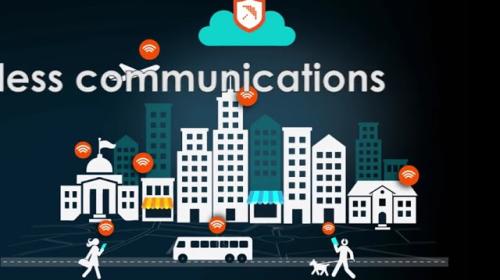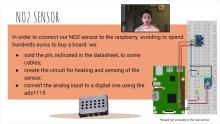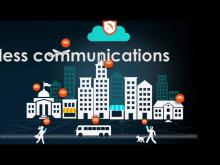
The programme has a multidisciplinary curriculum.
In the first year, you will learn the main ICT tools and methodologies, like computer and data transmission systems, advanced programming techniques, artificial intelligence and machine learning, techniques for big data analysis and signal processing, mobile and sensor networks, stochastic modelling techniques and optimization methods.
During the program, you will learn how to use the above ICT tools in many applications:
- Health: you will learn how to use machine learning for remote medical analysis, exploiting personal devices such as smartphones and addressing ethical-scientific issues in the care of patients.
- Smart buildings: you will learn how to use digital twins to optimise environmental quality in buildings, reducing their energy needs and helping cities to reduce their carbon emissions.
- Environment: you will study satellite systems and navigation technologies, available in modern smart devices, which can be used to obtain exact positions and gather environmental data.
- Smart mobility: you will learn how to extract useful information from raw mobility data and optimise mobility in smart cities, promoting alternate transport means and reducing traffic congestion and pollution.
- Energy: you will learn how to use ICT for smart energy generation, transport and distribution.
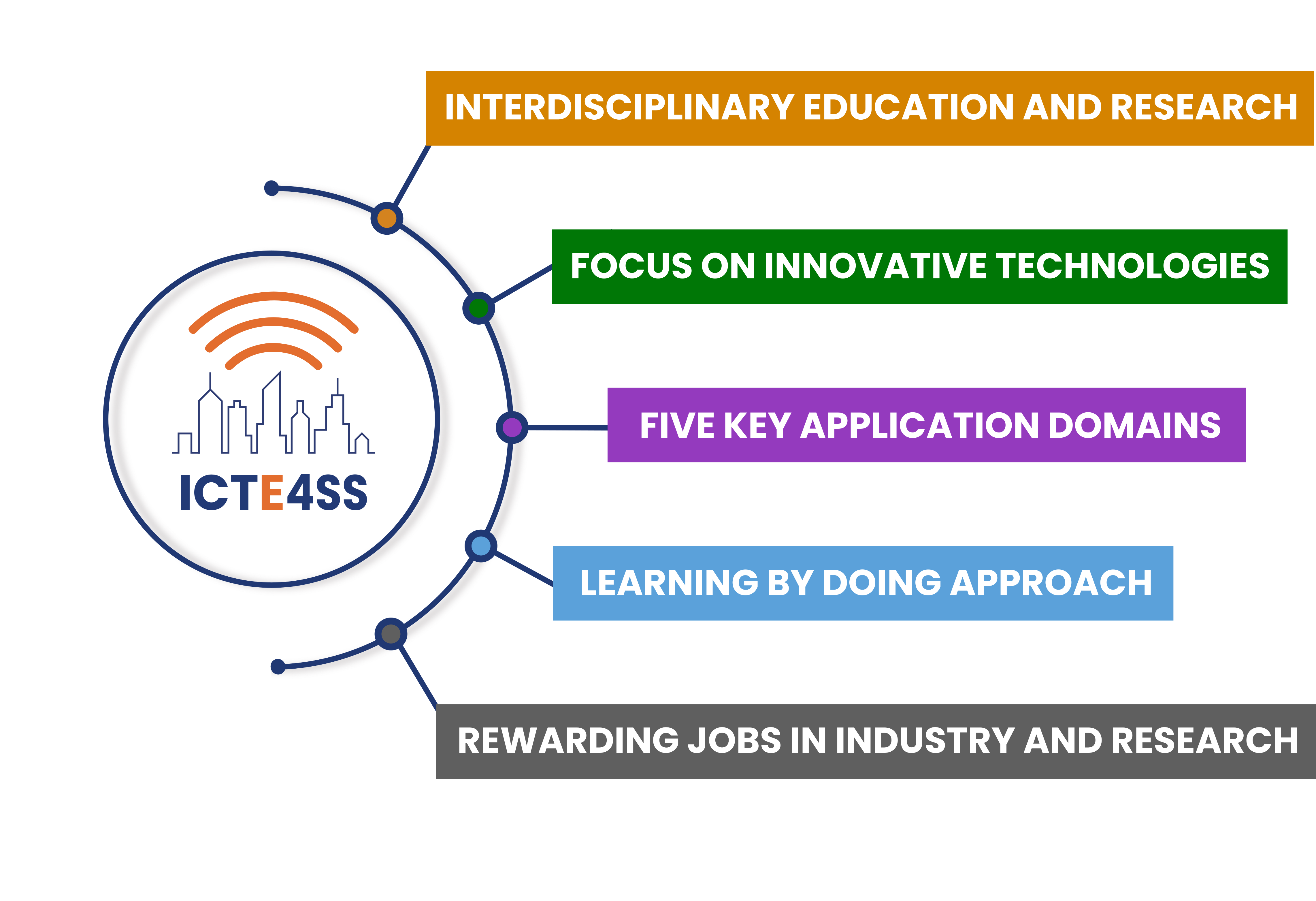
You will take part in face-to-face lectures, classroom practicals, computer and experimental laboratories.
You will be able to test your knowledge about the various application fields through a multidisciplinary project aimed at developing ICT applications.
You will have access to top-level labs in the Departments involved in the degree program, experimenting with a hands-on approach. More than 300 hours are devoted to lab activities on different ICT methodologies: machine learning and deep neural networks, smart networks, programming for IoT, mobile and sensor networks.
At the end of the program, you will have the opportunity to work on your thesis project or do an internship in a company.
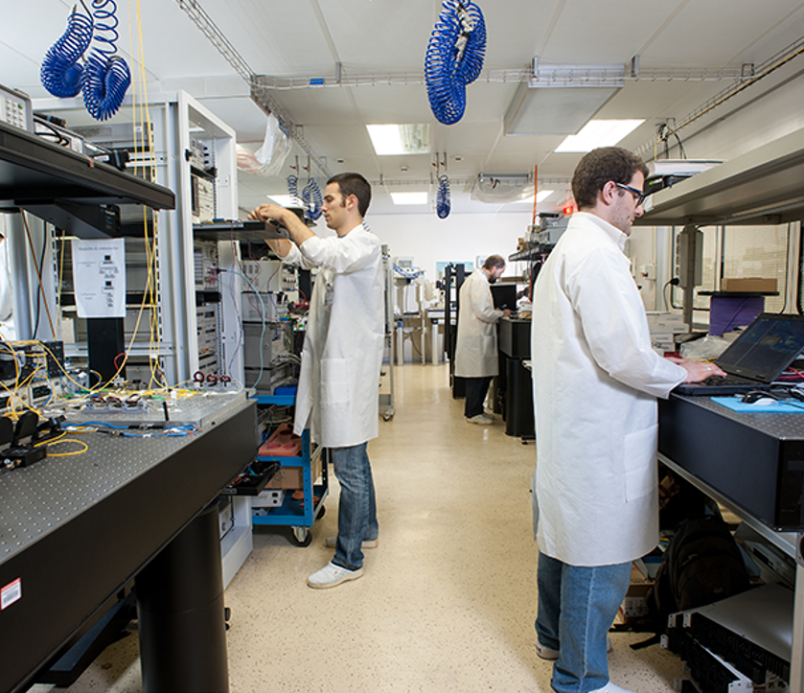
Interdisciplinary project
A key element of the didactic approach of ICTE4SS is the “Interdisciplinary projects”, a 10 ECTS course introducing the students to a project-based learning approach, applying the knowledge on ICT methodologies gained during the first year to one of the application domains characterizing ICTE4SS. During this course, students work together in groups to solve real-world problems, to broaden their knowledge, to improve communication and interpersonal/social skills, to enhance their leadership skills, to increase their creativity, and to improve writing and communication skills.
Top-quality teaching
All courses are taught in English, creating an international environment that promotes cultural exchange, increases cooperation opportunities among students, encourages interactions with experts in all technical disciplines relevant to ICT and its applications.
Students come from different Bachelor programs, including non-ICT programs, bringing diverse technical competencies. You will work in team to identify and implement solutions to technical problems, promoting innovative teaching methods.
Courses are given by professors with excellent track record in scientific research, warranting the most advanced and up-to-date course programs. Often top students have the chance to publish their work in scientific journals and conferences.

Studying abroad
You will have the opportunity of an ERASMUS exchange program with many foreign universities.
Double degree programs are also available with the following Universities:
- EURECOM Sophia-Antipolis (France)
- TELECOM Paris Tech (France)
- Grenoble Institute of Technology (France)
- Universidad Politécnica de Madrid (Spain), Internet of Things track
- KTH – Royal Institute of Technology (Sweden)
- Universidad Tecnologica de Bolivar (Colombia, incoming students only)
- University of Illinois at Chicago (USA), TOP-UIC project
